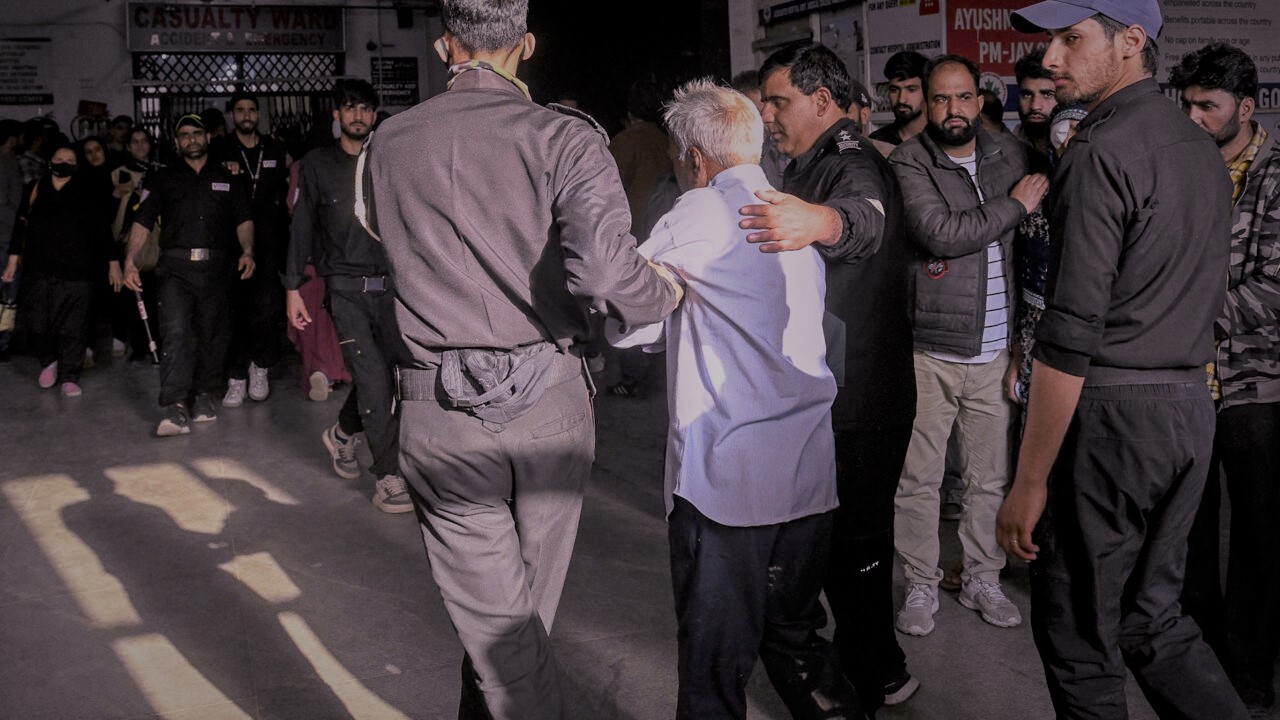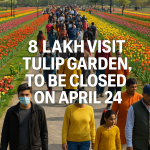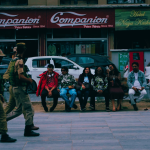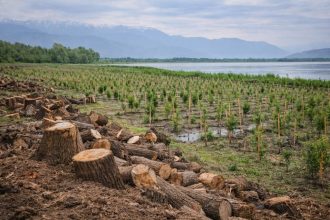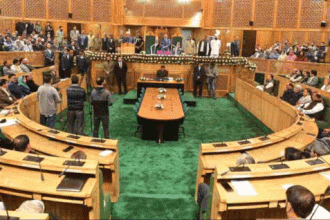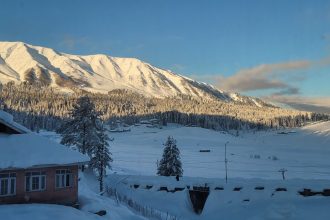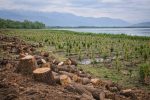What was supposed to be a peaceful summer day in the stunning meadows of Pahalgam turned into a nightmare that still echoes through the mountains of Kashmir.
On Tuesday, gunmen opened fire on a group of tourists in one of India’s most popular hill retreats, leaving at least 24 dead in one of the deadliest civilian attacks in the region in years. The attackers emerged suddenly from the nearby forest, their bullets raining down like a storm—swift, relentless, and merciless.
“I can’t tell you how many there were… but they came from the trees, from the shadows,” said a man who makes his living by offering pony rides to visitors. He spoke under the condition of anonymity—still trembling, still haunted. “They spared the women. But they kept firing at the men—one shot at a time, then bursts. It was like a storm.”
Among those caught in the ambush was Pallavi, a woman from Karnataka, who witnessed her husband being gunned down in front of her and their young son. “It felt like a bad dream,” she told India Today, her voice heavy with heartbreak. “I begged them to kill me too. One of them just looked at me and said, ‘No. Go tell this to Modi.’”
The horror didn’t discriminate between locals or travelers. A security source suggested that some foreign tourists might be among the dead, though officials have yet to confirm. For many families, vacation photos will now be all they have left.
Prime Minister Narendra Modi condemned the killings as a “heinous act,” vowing justice. “Those responsible will be brought to justice,” he said.
Kashmir has been no stranger to bloodshed. An armed insurgency has simmered in the region since 1989, with groups seeking independence or union with Pakistan. Although violence has diminished in recent years—especially after New Delhi stripped the region of its limited autonomy in 2019—this attack is a painful reminder of the fragility that still looms.
Pahalgam, like much of Kashmir, has been seeing a tourism boom. In 2024 alone, more than 3.5 million people visited the valley, drawn by its breathtaking views and crisp mountain air. For many Indians escaping the heat, Kashmir was becoming the “Switzerland of the East.” But today, the mountains echo not with laughter, but with grief.
As authorities search for answers and families begin to mourn, one thing is clear—this was not just an attack on people. It was an attack on peace, on hope, and on the belief that beauty could ever be untouched by violence.
